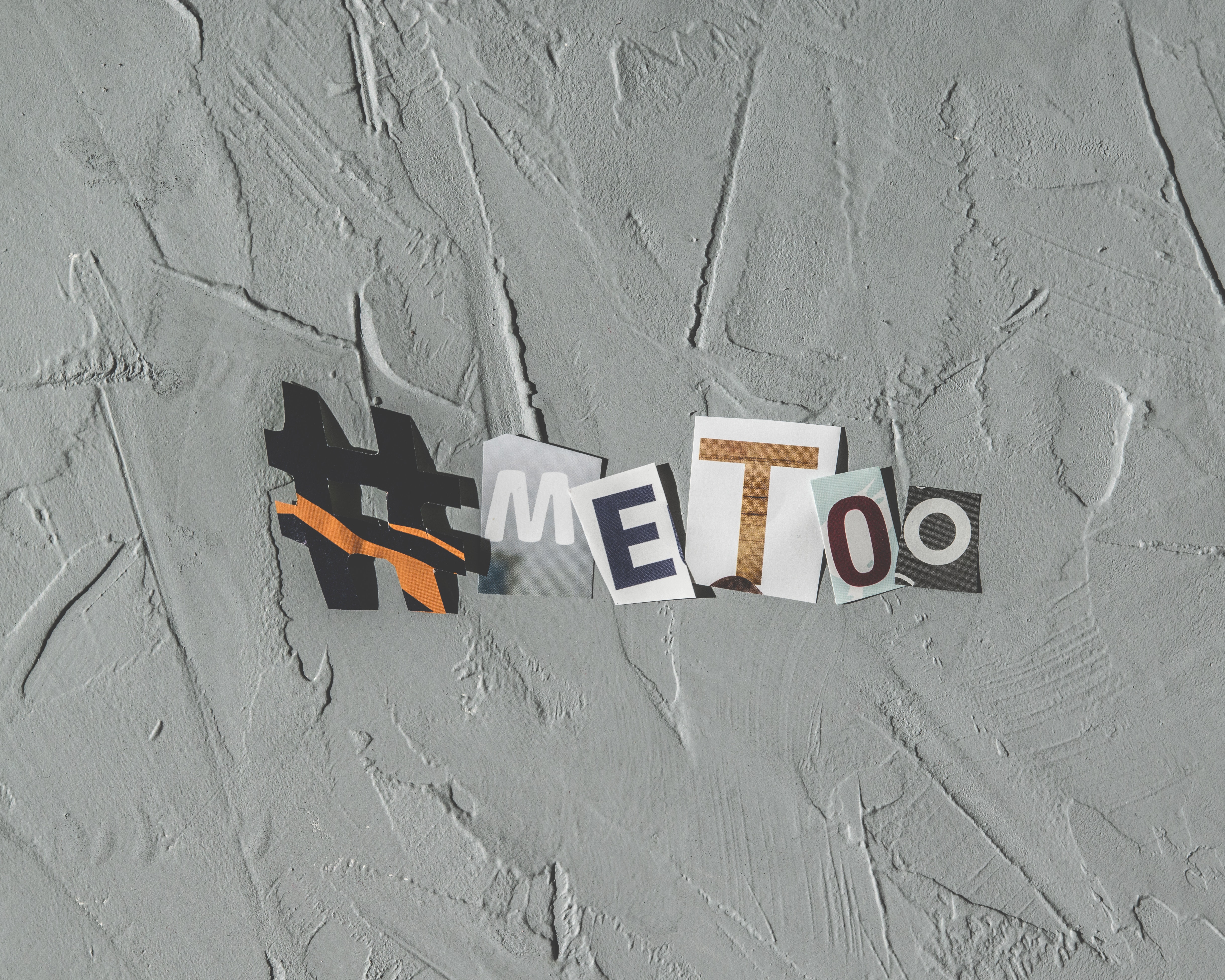By Liz Hensler, Contributing Editor
For better or worse, I spent my formative years as an avid fan of Law & Order: SVU.  Olivia Benson is my hero. Lately, however, I haven’t been able to bring myself to tune in. Recent headlines have felt like a storyline ripped directly from Executive Producer Dick Wolf’s mind.  We have a sexual assault problem in the United States, one that spans policy and culture. If we are to make a substantial societal shift away from rape culture, our political system needs to reflect it. Â
I am writing this, in October, just a few weeks from the midterm elections. Â In the past ten months, we have seen the meteoric rise of the #MeToo movement, sparked by Tarana Burke and made viral by whistleblowers in Hollywood publically calling for justice for victims of sexual assault. Â However, policy and our justice system have not demonstrated a similar forward-moving trajectory, as evidenced by several of the most famous recent cases. In August, Secretary of Education Betsy Devos proposed changes to campus sexual assault policy, a move that survivors and advocates claim favors the accused, rather than the victim. Â In late September, Bill Cosby, accused of drugging and assaulting over 50 women, was sentenced to a mere three to ten years in prison. Â Harvey Weinstein, accused of assaulting over 70 women, is set to stand trial in November; however in the meantime, the judge denied the request for house arrest and Weinstein has been released on bail. Â Most recently, Dr. Christine Blasey Ford, Deborah Ramirez, and Julie Swetnick accused then-Supreme Court nominee Brett Kavanaugh of sexual assault. Â Kavanaugh was sworn in on October 6th, after a hasty and ugly confirmation process. Â
So, the message seems to be that sexual assault is socially acceptable when adults, particularly women, are the victims. But what about kids? Surely, as a society, we can draw the line at children. Â However, in the past two years, we have seen the narrow defeat of alleged pedophile and former Chief Justice Roy Moore by a margin of 1.7% in an Alabama special senate election. Equally upsetting, if not more absurd, openly proud pedophile and pro-rape Virginia congressional candidate Nathan Larson garnered almost 2% of his district, which is 2% more than I would hope any American would stand for. Outside of government politics, this summer, the Catholic diocese in my hometown of Allentown, Pennsylvania was cited among a number of dioceses under federal investigation of 70 years of sexual abuse of thousands of children, reminiscent of the Boston scandal almost 20 years ago. Â
Last Thanksgiving, while talking with a family member about sexual assault (you know, standard turkey and mashed potatoes conversation), he said, “Well, what if she is lying?†It is a question that echoed in each public “he said, she said†case; most evident in the recent Kavanaugh case.  It’s a fair question, one born of the idea of due process on which our judicial system is based. It’s not a valid one, however. The truth is that only 2-10% of reported sexual assaults are false allegations.  It is much more likely that a victim is telling the truth.  According to the Rape, Abuse, & Incest National Network (RAINN), an American is sexually assaulted every 98 seconds; every 8 minutes, that victim is a child.  However, only 31% of assaults are reported to the police, and less than 1% of perpetrators will serve time.
As these stories continue to accumulate, it seems that the moral argument is not strong enough to influence policymakers.  In addition to the emotional and physical tolls sexual assault takes on victims, the lifetime financial costs per rape per victim is an estimated $151,423 in physical and mental health care costs, loss of income and attainment of higher education, and legal costs for those who do report assault.  Rape costs the US $127 billion per year.  With gender rights and women’s empowerment taking center stage in the conversation leading up to the midterm elections, supporting sexual assault survivors and being an advocate of abolishing rape culture change is the morally right and the fiscally responsible thing to do.
As an American woman who can say #MeToo, and as a registered voter, the actions policymakers have taken to reduce sexual assault is vital to how I, and many other survivors and advocates, will cast my vote in the midterms. I implore our policymakers to raise the bar for what is unacceptable. At the very least, these survivors are your constituents and your neighbors, who are poised to vote you out of office in just a few days. Â At the most, they are fellow human beings who deserve your respect and your protection.




